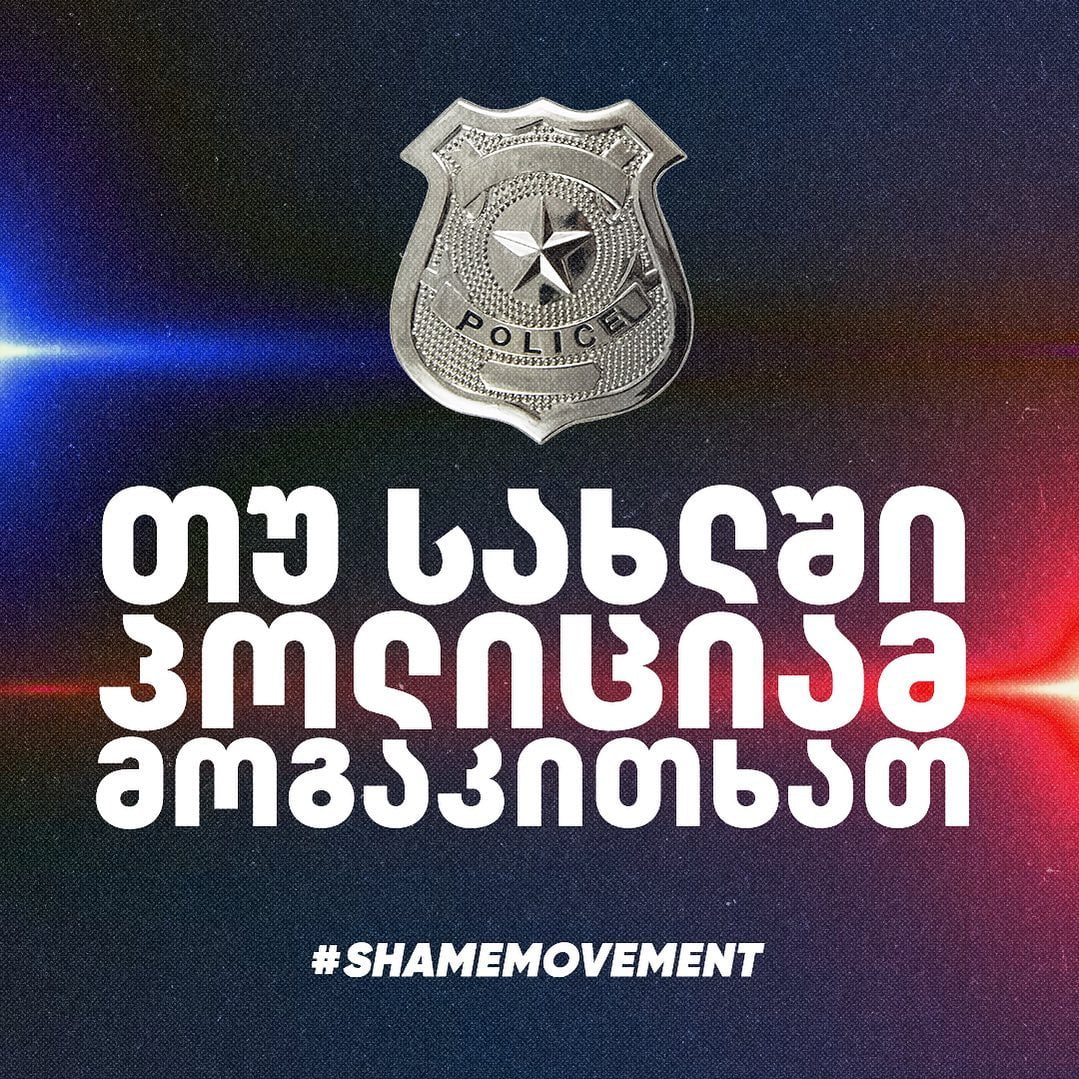Instances where law enforcement officers visit citizens’ residential addresses to ascertain their identity, place of employment, and other pertinent details, such as physical descriptions, taking photographs, and gathering phone numbers, have become increasingly common.
It’s crucial to understand that Georgia’s legislation does not outline the procedure for carrying out the mentioned measure – information regarding such a procedure is not outlined in any regulatory document.
While it is indeed true that the police have the authority to implement such preventive measures, it’s important to note that participation in them is entirely voluntary. In other words, you have the right to decline.
• Always make sure to request identification from police officers (presentation of their service certificate).
• You can smoothly record video; it’s preferable to utilize the so-called live feature.
• Do not open the door to police officers unless they present you with a document, warrant, or court order authorizing them to enter your home.
If the police enter your home without your permission, you have the right to refuse to answer any questions. Request a lawyer and insist on having a protocol drawn up regarding their actions.
Article 19 of the Constitution of Georgia safeguards your property rights.
The term “interview” frequently used by police officers is not a legally defined method of communication with law enforcement authorities. Even the “survey,” which is a legally recognized form, is voluntary, and you have the option to decline participation.
You always have the right to decline communication with the police, except when on the street, in public places, or while driving. Even in these instances, you can limit your interaction to providing your first name, last name, and date of birth.
If you encounter difficulties in dealing with the police, you can contact the hotline of the General Inspectorate of Georgia (#126) and the Special Investigation Service (#199).
